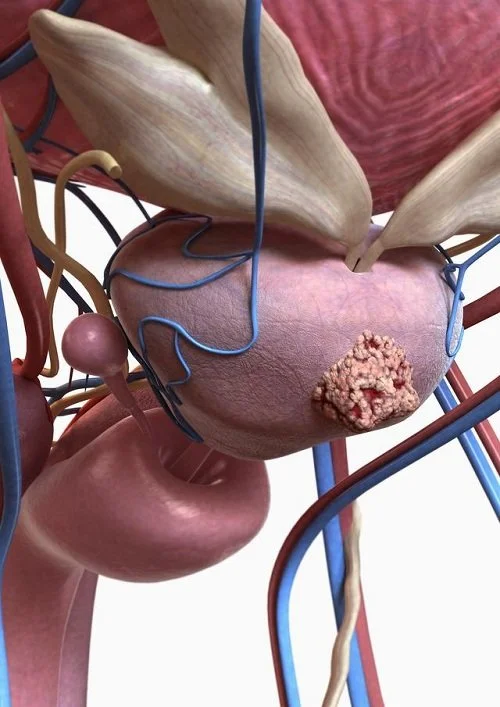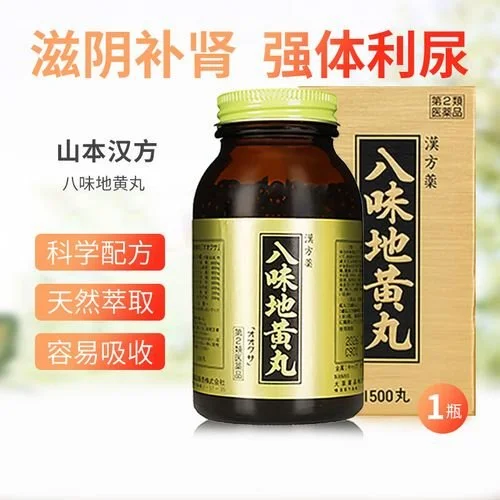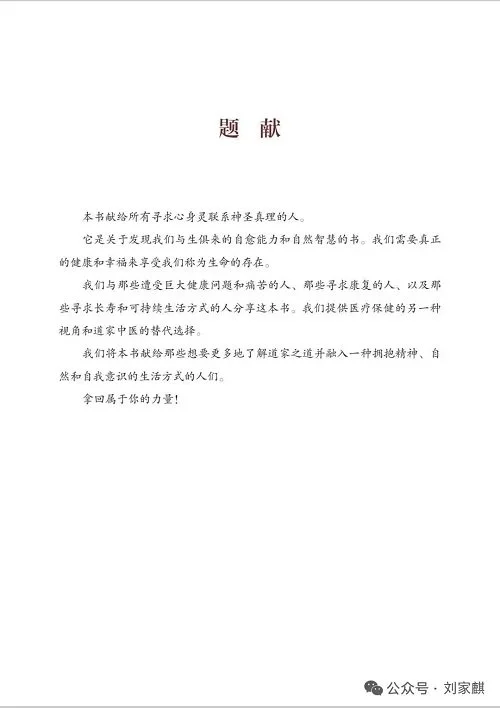Mechanism of Saw Palmetto in support Prostate health and prostate cancer recovery
Saw palmetto (Serenoa repens or Sabal serrulata) is a plant extract commonly used to alleviate symptoms of benign prostatic hyperplasia (BPH). However, its role in preventing and treating prostate cancer is not yet fully understood. Current research suggests it may work through the following mechanisms:
1. Inhibition of 5α-Reductase and Modulation of Androgen Metabolism
Reduction of Dihydrotestosterone (DHT): Saw palmetto may inhibit 5α-reductase (the enzyme that converts testosterone to DHT), thereby lowering DHT levels in the prostate (DHT is a key hormone that promotes prostate hyperplasia and carcinogenesis).
Blockade of Androgen Receptor Signaling: Some studies suggest that saw palmetto extract may interfere with androgen receptor (AR) activation, suppressing the growth of androgen-dependent prostate cancer cells.
2. Anti-Inflammatory Effects
Suppression of Inflammatory Pathways: Chronic inflammation is a potential trigger for prostate cancer. Active compounds in saw palmetto (such as fatty acids and phytosterols) may inhibit inflammatory factors like COX-2 and NF-κB, reducing the inflammatory microenvironment in prostate tissue.
3. Antioxidant and Anti-Proliferative Effects
Free Radical Scavenging: Saw palmetto is rich in polyphenols and flavonoids, which neutralize free radicals and reduce oxidative DNA damage.
Induction of Apoptosis: In vitro studies indicate that saw palmetto extract may regulate proteins like Bcl-2 and caspases, promoting cancer cell apoptosis.
Cell Cycle Arrest: It may downregulate cyclins (e.g., cyclin D1), inhibiting cancer cell proliferation.
4. Modulation of Estrogen Metabolism
Saw palmetto may inhibit aromatase (the enzyme that converts testosterone to estrogen), lowering estrogen levels and indirectly affecting the progression of hormone-dependent prostate cancer.
5. Other Potential Mechanisms
Anti-Angiogenesis: Animal studies suggest saw palmetto may reduce the expression of pro-angiogenic factors like VEGF, limiting tumor blood supply.
Immunomodulation: Some research indicates it may enhance immune surveillance.
Current Research and Controversies
Supporting Evidence: Most data come from cell or animal studies, with limited clinical observations suggesting saw palmetto may reduce prostate-specific antigen (PSA) levels (though PSA is not a cancer-specific marker).
Controversies: Human clinical trials have yielded inconsistent results, and large-scale, long-term studies are lacking. The FDA has not approved saw palmetto for prostate cancer treatment.
Important Considerations
Not a Replacement for Standard Therapy: Saw palmetto should only be considered as a potential adjunct, and patients must follow conventional medical treatments.
Drug Interactions: It may interact with anticoagulants and hormone-related medications; consult a doctor before use.
Conclusion
Saw palmetto may exert potential prostate cancer-preventive and therapeutic effects through anti-androgenic, anti-inflammatory, antioxidant, and pro-apoptotic pathways. However, current evidence is limited, and further research is needed to confirm its clinical efficacy.
Book overview
In "The Tao Within," the book embarks on a transformative journey of self-discovery, wisdom, and inner harmony. It shows how spirituality becomes a core element in our everyday lives and in maintaining our health. In the chaos of our modern world, we often find ourselves searching for meaning, purpose, and a deeper connection to our true selves.
order the Tao within click below llink order from amazon: a.co/d/6ryPrIz
In this profound and insightful exploration, Authors, Ming Wu, Ph.D., and Judy Lin, guide us on a spiritual and medical path toward self-empowerment and unveiling the timeless wisdom of the Tao. As we witness more limitations on western medicine, this book is presenting.










